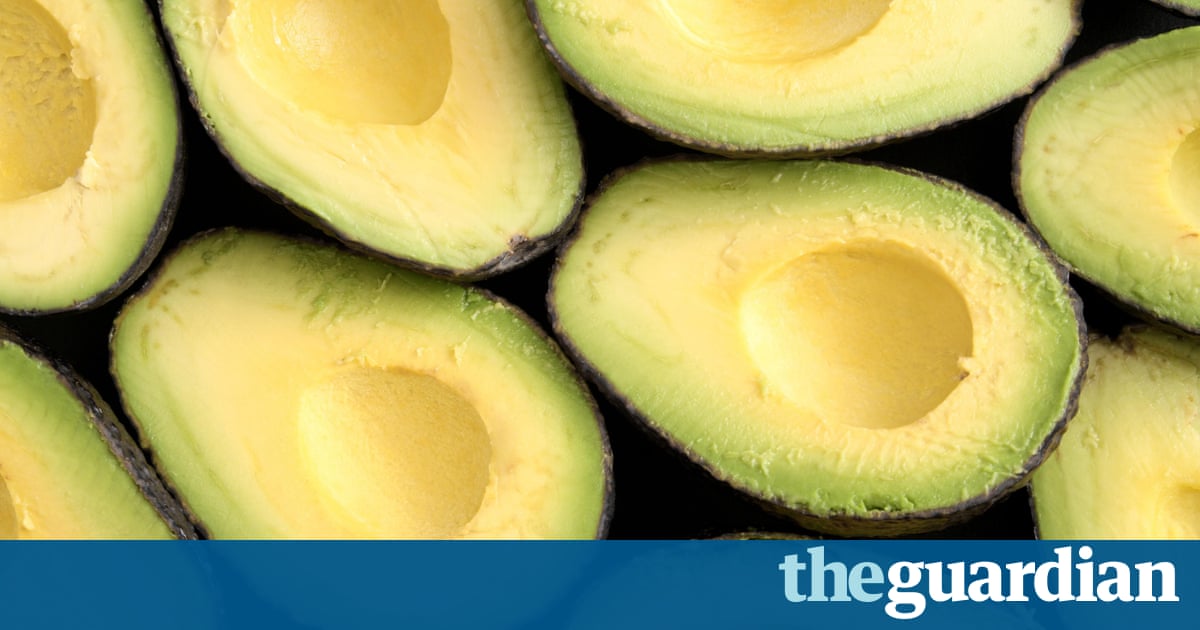An Australian company may have cracked this ticking time bomb of freshness with a machine that switches off the enzyme responsible for discoloration

As anyone who has ever bought avocados will know, the ripeness window for the fruit is around 17 minutes. Before that, its solid and nutty. After, brown and mushy. So-called ripe and ready products are a lie. Once sliced or pulped, its a matter of seconds before smooth, fresh green flesh becomes musty and oxidized.
To remove the guesswork from this pear-shaped ticking time bomb, an Australian company has developed an avocado time machine. The Natavo Zero is an enormous Bertha-esque contraption that slows down the browning process of the fruit without using chemicals. It does this by switching off the enzyme responsible for the browning (called polyphenol oxidase) using pressure fluctuations generated by steam. In doing this, the machine also eliminates disease-causing bugs.
The Natavo Zero, designed for pre-sliced or mashed avocado used in products like guacamole, can process about 4,000 avocados an hour. The end product then no longer needs additives, preservatives or processing aids to retain its green vibrancy. It also leads to less wastage and spoilage, meaning a higher yield for farmers and more avocados to have on the side of, well, everything. This is welcome news to anyone concerned about this years Great Avocado Shortage, which has fuelled a crime wave in New Zealand.
By understanding the avocados lifecycle and the complex correlation of enzymes involved in the browning process, we have made it possible for the world to enjoy 100% natural, ready-to-eat avocado slices, dices, chunks or pulped products while retaining the flavour and fresh taste of avocado, without browning, said Jeff Hastings, director of Naturo, the company that makes the Natavo Zero, in a statement.
Its not the only system developed to keep tabs on avocado ripeness. California-based avocado distributor Calavo uses a contraption called ProRipe VIP that measures how ripe the fruits is by listening to it. The machine taps the side of the avocado and then uses sensors to measure the acoustic response that is, the way the fruit vibrates. This indicates overall firmness and freshness and allows Calavo to determine the ripeness of the tricky-to-judge flesh.
Unfortunately for avocado aficionados, these technologies are only available at an industrial scale. Youll have to make do with rubbing lemon juice on the exposed flesh or wrapping the fruit tightly with cling film. Or perhaps its time to accept that the avocado is overcado.
Read more: www.theguardian.com




![[Video] How to get rid of bed bugs in Toronto](https://www.thehowtozone.com/wp-content/uploads/2019/10/maxresdefault-2-100x70.jpg)


